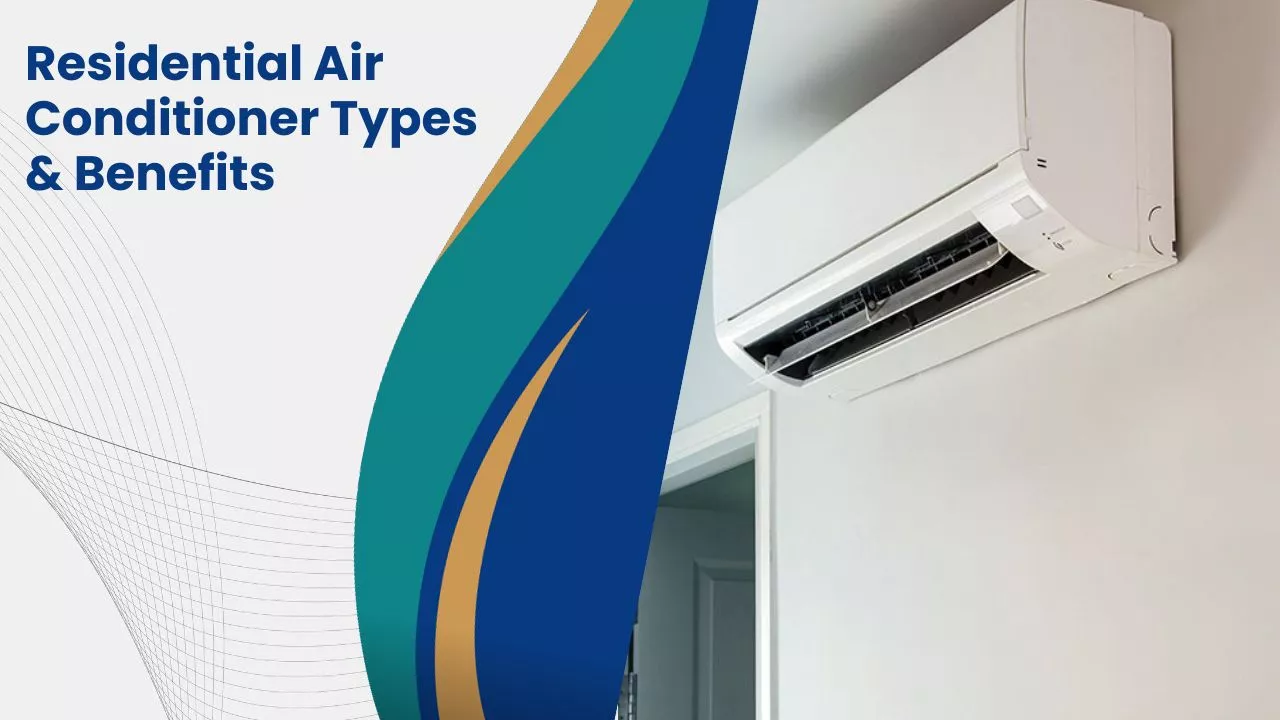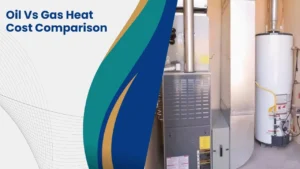In many parts of the world, residential air conditioner are now a standard component of contemporary dwellings. These gadgets cool indoor places, providing relief from the oppressive summer heat. Air Conditioners are made to take heat and moisture out of the air, bringing the temperature down and fostering a cozy indoor environment. The different types of household air conditioners, their advantages and disadvantages, and some advice for their effective use will all be covered in this article.
Home Air Conditioner Types:
Residential air conditioners typically come in window units, split systems, and portable units. Before determining which type to buy, homeowners should take into account their unique needs and budget. Each class has benefits and drawbacks.
1. Glass Units

The most popular kind of household air conditioner is window units. They are inserted in windows or holes in exterior walls and are self-contained devices. These devices typically have a single-room cooling capacity and are measured in BTUs (British Thermal Units). The greater the BTU rating, the larger the room it can chill. Although window units are generally cheap and simple to install, they have the potential to be noisy and obstruct the view from the window.
2. Divided Systems:
Split systems comprise two units: an interior unit that houses the evaporator and air handler and an outdoor unit that houses the compressor and condenser. Electrical wires and refrigerant lines are used to link these units. Although split systems are more expensive than window units, they are more effective and can cool more rooms. They are also quieter. Also, they are more aesthetically beautiful because the outside unit can be placed out of sight.
Also check: Mini Split AC Installation, Maintenance, & Repair in Deer Park, NY
3. Portable Devices:

Portable units can be moved from room to room and are self-contained, just as window units. For those who live in apartments or don’t want to install a permanent team, they are a decent alternative, even though they are typically less efficient than window units or split systems. Moreover, portable units are simple to store when not in use.
Residential AC Advantages and Disadvantages
Home air conditioners have a variety of advantages, such as:
- Comfort: Air conditioners make indoor rooms more comfortable and liveable by relieving heat and humidity.
- Health: By removing allergies, pollutants, and other dangerous particles from the air, air conditioners can enhance the air quality inside a home.
- Productivity: Research has shown that working in a relaxed environment helps people work more productively, which can result in higher productivity.
- Sleep: Air conditioners can enhance sleep quality by lowering noise and generating a suitable temperature.
The following are some disadvantages of domestic air conditioners:
- Energy consumption: Since air conditioners use a lot of energy, more significant power costs may result.
- Environmental impact: By raising greenhouse gas emissions, air conditioners can have a negative influence on the environment.
- Maintenance: They need regular maintenance to guarantee that air conditioners run effectively and efficiently.
- Installation: Installing a home air conditioner can be difficult, particularly for split systems, and may call for expert help.
Guidelines for Effective Household Air Conditioner Use:
Follow these recommendations to make the most of your home’s air conditioner while reducing its adverse effects on the environment and your energy bills:
- Employ a programmable thermostat: Even when you are not home, a programmable thermostat can help you manage your air conditioner’s temperature and energy usage.
- Keep doors and windows closed: When your air conditioner is running, keep doors and windows closed to prevent cool air from evaporating and hot air from entering.
- Employ fans: To assist in circulating the cold air in the space and lessen the demand for an air conditioner that must run constantly.
- Clean or change filters: It’s crucial to clean or replace your air conditioner’s filters regularly because dirty filters might decrease their performance. A contaminated filter can also cause poor indoor air quality.
- Plan routine maintenance: To ensure your air conditioner is running correctly and efficiently, have a professional service it at least once a year An air conditioner that has been well-maintained will run more effectively and last longer.
- Consider the unit’s size: Make sure the air conditioner you select is appropriate for the space you wish to cool. An oversized team will use more energy than necessary, while an undersized unit must work more to chill the room.
- Employ curtains and shades: To block out sunlight and lessen the heat entering your house. Your air conditioner will operate more efficiently and use less energy as a result.
Conclusion
In conclusion, using a residential air conditioner to cool indoor rooms during the sweltering summer is a common and efficient choice. Homeowners should take into account both their specific needs and their financial circumstances when choosing an air conditioner. Although they HVAC Numerous Advantages, air conditioners also have disadvantages, such as high energy costs and adverse environmental effects. Yet, households may lower their energy costs and lessen their environmental impact by adhering to a few straightforward measures for optimal use. Regular maintenance is also necessary to guarantee the air conditioner runs successfully and efficiently for many years.





